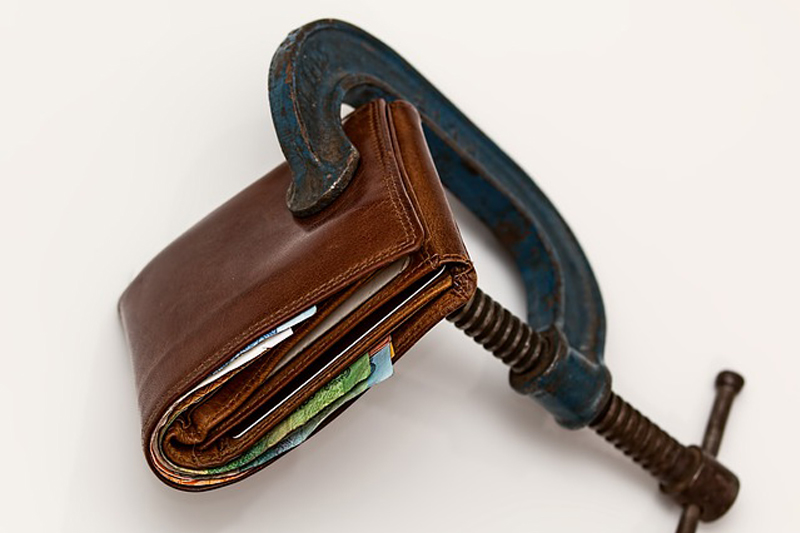One of the biggest debts that many Americans have is credit card debt. This could be accumulated on one card, or the debt can range over multiple cards. Regardless of how many credit cards you might have, the average credit card debt for an American household is $5,700 as of June 2020. If you count only those households that actually have credit card debt, that number rises to more than $9,300. This can lead to an individual or family paying quite a bit of interest over the course of the year. Those who have higher levels of credit card debt will pay even more. Having a high level of debt can lead to higher level of stress related to your finances. However, it’s possible to consolidate that debt and relieve some of the stress.

Credit Card Consolidation Options
There are a couple of options that can help you consolidate your credit card debt and save money on interest payments. The first is making a balance transfer to a card with a low introductory rate. The other is a personal loan through your bank or another lending company that specializes in consolidations.
-
Interest-Free Credit Cards
If you owe money on several cards, it can be possible to open up a new card with a decent credit limit. You’ll want to look for a card that has a introductory period with a 0% interest rate. Some cards will offer 12 or 18 months before a balance transfer starts to accrue any new interest. You’ll simply fill out the balance transfer information when you apply for the card if that option is available. If not, you can call the card company or write out balance transfer checks to your creditors. If the limit on your new card is high enough to take over all of the balances on your older cards, you should be set. Otherwise, you might need to open another card.
A balance transfer will usually come with a fee. Common fees are 3% or 5% of the amount you transfer. This is a one-time fee, and it will be lower than the 12% to 20% you’re likely paying or your outstanding debts. After you pay the fee, every dollar you pay for the rest of the interest-free period will go toward paying off your principal balance and allow you to start getting a better handle on your finances. However, it’s important to pay off your older cards as you spend money so that you don’t go into more debt.
Once the interest-free period ends, you’ll start accruing interest on any debt that’s still outstanding. Hopefully, you’ll make progress over the intervening time period. If you still have an outstanding balance, you may want to open another card that allows for a balance transfer or check with a bank that holds one of your other existing accounts. You can make another balance transfer if your debt is still fairly substantial and will take several months to pay off.
-
Personal Loans
If you have a large amount of debt charged to your credit cards, you could also benefit from taking out a personal loan through your bank or another lender. Like a balance transfer credit card, you’ll need to fill out an application that will assess your creditworthiness and your ability to pay the loan back.
The interest rate on a personal loan will not be as low as one that’s offered on a balance transfer, but it will likely be lower than a normal interest rate on a credit card. Personal loans allow you to make one payment each month, and they have a fixed payment and a fixed term. This means that you make the same payment every month and pay the loan off completely in two or five years (or whatever the stated term of the loan happens to be). One minimum payment will generally be lower than the minimum payments on several credit card balances combined. Additionally, more of your payment will go toward paying off principal amount of the loan each month.
Make Sure to Research
Regardless of which option you choose, you’ll want to make sure that your choice for credit card consolidation allows you to make extra principal payments. If you make more money in a given month, anything that’s not going to your regular bills should go toward accelerating your debt payoff. This will cut down on the amount of interest you have to pay off over time and put your finances in better shape in the long run.
If you’re looking into consolidating your credit card debt, be sure to research top credit repair companies. They have experience helping people get out from under a mountain of debt. You could save on interest expense and get out of debt sooner than you imagined.